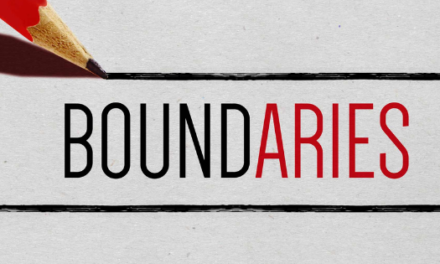The #1 reason why people leave their job, according to a 2017 Gallup report, is due to a poor relationship with their immediate supervisor. These poor relationships typically include heightened states of anxiety, disengagement with roles and responsibilities, and limited autonomy, defined as the inability for employees to control their work situation.
Examine close and you’ll find these poor relationships are typically weak in clear communication, accountability, and trust. While a supervisor must always continue to pursue growth in good leadership and good working relationships, it’s just as important that employees do too.
Speaking for myself, it’s easy to fall into a state of tunnel vision with my focus selfishly directed only towards my goals, deadlines, challenges, opportunities, and ultimately, success in my role.
What about my supervisors’ goals, responsibilities, and stresses? When difficult decisions are made, do I only focus on how the decision affects my work, or, do I seek to understand how it affects my colleagues, my supervisor, and my organization. If the #1 reason why employees leave their job is due to a poor relationship with their boss, what can I do to work towards building a strong relationship with my supervisor?
While there are numerous common-sense approaches to build strong relationships, I’ve learned through experience to ask my boss one simple question on a consistent basis.
“How can I make your job easier?”
This question prompts answers that provide clarity, alignment, engagement, accountability, and trust. My work responsibilities carry a variety of roles, projects, and tasks that require a great amount of time management and prioritization. I must think proactively, not reactively. By asking this question often I learn what aspects of my work currently carry the most importance. I understand if circumstances have changed and I need to re-adjust my focus. I discover new challenges facing my boss that I might have the ability to help address. It creates candid conversations. It also opens up an opportunity for constructive criticism. Perhaps there are blind spots in my work that I don’t see. By proactively asking this question, it gives my boss the ability to share feedback that I can implement and improve upon immediately.
This question assures that my boss and I both have trust that I’m working and focused on the most important aspects of my role. It shows my boss that I’m thinking about their well-being and not only my own.
Good relationships, whether personal or professional, require both sides to consistently support and add value to each other.
When I take initiative to create a good relationship with my boss, i’m giving value.
Now it’s your turn! Will you develop a habit of asking your boss, “How can I make your job easier?”





